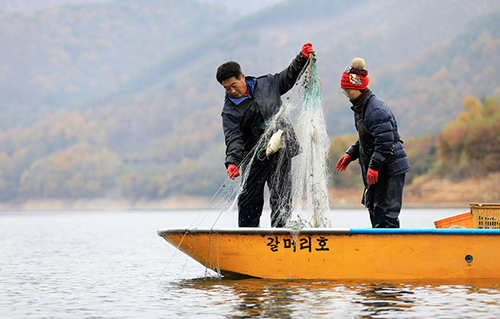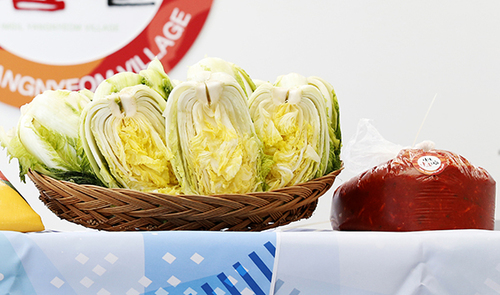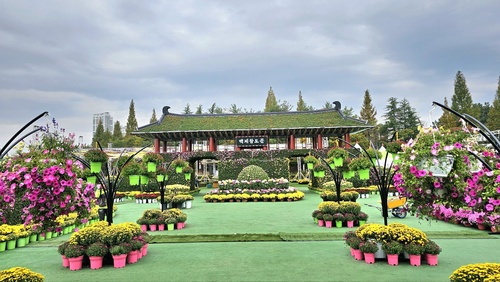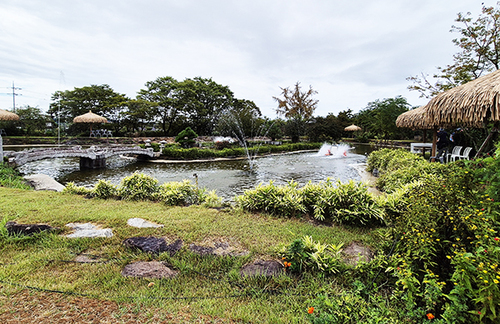| ▲ 전북에서 생산된 계란에 잔류된 살충제ㆍ잔류물질ㆍ살모넬라균의 오염여부를 검사한 결과, 모두 안전한 것으로 확인됐다. / 사진 = 브레이크뉴스 전북취재본부 DB © 김현종 기자 |
|
전북에서 생산된 계란에 잔류된 살충제ㆍ잔류물질ㆍ살모넬라균의 오염여부를 검사한 결과, 모두 안전한 것으로 확인됐다.
27일 전북도 동물위생시험소는 "여름철인 지난 6월부터 8월 현재까지 3개월 동안 도내 계란 생산 농가를 대상으로 하절기 집중검사를 실시한 결과, 안전이 확인됐다"고 밝혔다.
이번 검사는 먹거리 안전을 위협하는 살충제와 항생제의 잔류 여부를 비롯 식중독을 일으키는 원인으로 지목되고 있는 살모넬라균의 오염여부를 확인하는 방식으로 이뤄졌다.
특히 도내 계란 생산 농가 가운데 휴업 및 폐업했거나 아직 계란을 출하하지 않고 있는 일부 농가를 제외한 95개 농가를 직접 방문 수거해 검사를 진행했다.
검사 항목은 ▲ 피프로닐 ▲ 비펜트린을 포함한 살충제 34종과 계란에서 검출이 제한된 ▲엔로플록사신과 같은 항생제 등 32종을 검사해 모두 '적합'으로 확인됐다.
또, 계란에 의한 식중독 발생 원인으로 최근까지 거론되고 있는 살모넬라균의 오염 여부 역시 확인한 결과, 모두 적합 판정을 받았다.
이번 집중검사는 도내에서 생산된 계란에 대한 동물위생시험소의 안전관리와 농가의 자발적인 환경개선을 통해 이뤄진 성과물로 평가돼 의미를 더하고 있다.
동물위생시험소 이성재 소장은 "2017년 처음 제기된 살충제 계란 잔류와 관련, 매년 하절기에 계란 집중검사를 실시하고 있다"며 "농가와 관련 기관의 협력과 노력의 결과로 안전성을 다시 한 번 확인하는 계기가 됐다"고 설명했다.
이어 "앞으로도 도민이 안심하고 소비할 수 있도록 철저하게 안전성 검사를 거친 계란이 생산ㆍ유통 될 수 있는 기반을 다지는데 최선을 다하겠다"며 "생산농가의 적극적인 참여와 협조 역시 필요하다"고 당부했다.
그러면서 "하반기 집중검사 대상에 포함되지 않는 농가를 비롯 마트 등과 같은 판매시설에서 유통되고 있는 계란을 대상으로 오는 12월까지 지속적으로 검사를 진행할 계획"이라고 덧붙였다.
☞ 아래는 위 기사를 구글 번역이 번역한 영문의 '전문'이다.
【Below is the 'full text' of an English article translated from the above article with Google Translate.】
Jeollabuk-do 'Pesticide residues from egg-laying farms' safety
Animal sanitation office… Inspection of 95 farms for pesticides, salmonella, etc.
Reporter Kim Hyun-jong
As a result of testing the eggs produced in Jeonbuk for contamination of pesticides, residues, and Salmonella, all of them were confirmed to be safe.
On the 27th, Jeollabuk-do Animal Sanitation Testing Laboratory announced, "The safety was confirmed as a result of conducting an intensive summer inspection on egg-producing farms in the province for three months from June to August, which is the summer season."
This test was conducted in a way that confirms the presence of pesticides and antibiotics that threaten food safety, as well as contamination of Salmonella, which is pointed out as the cause of food poisoning.
In particular, 95 farms were directly visited and inspected, excluding some farms that were closed or closed or have not shipped eggs yet among egg-producing farms in the province.
As for the test items, 32 kinds of pesticides, including fipronil and bifenthrin, and 32 kinds of antibiotics such as enrofloxacin, which were restricted to be detected in eggs, were all confirmed to be suitable.
In addition, as a result of checking the contamination of Salmonella, which has been mentioned as a cause of food poisoning caused by eggs, all of them were judged suitable.
This intensive inspection adds significance as it is evaluated as a result of the safety management of the animal sanitation laboratory for eggs produced in the province and the voluntary environmental improvement of the farms.
Director Lee Seong-jae of the Animal Sanitation Testing Laboratory said, “In relation to the pesticide egg residue, which was first raised in 2017, we are conducting intensive egg inspection every summer in the summer. went,” he explained.
He added, "We will do our best to lay the foundation for the production and distribution of eggs that have undergone a thorough safety inspection so that residents can safely consume them.
He added, "We plan to continue testing until December on eggs distributed in sales facilities such as marts as well as farm households that are not included in the intensive inspection in the second half of the year."





















 많이 본 뉴스
많이 본 뉴스











